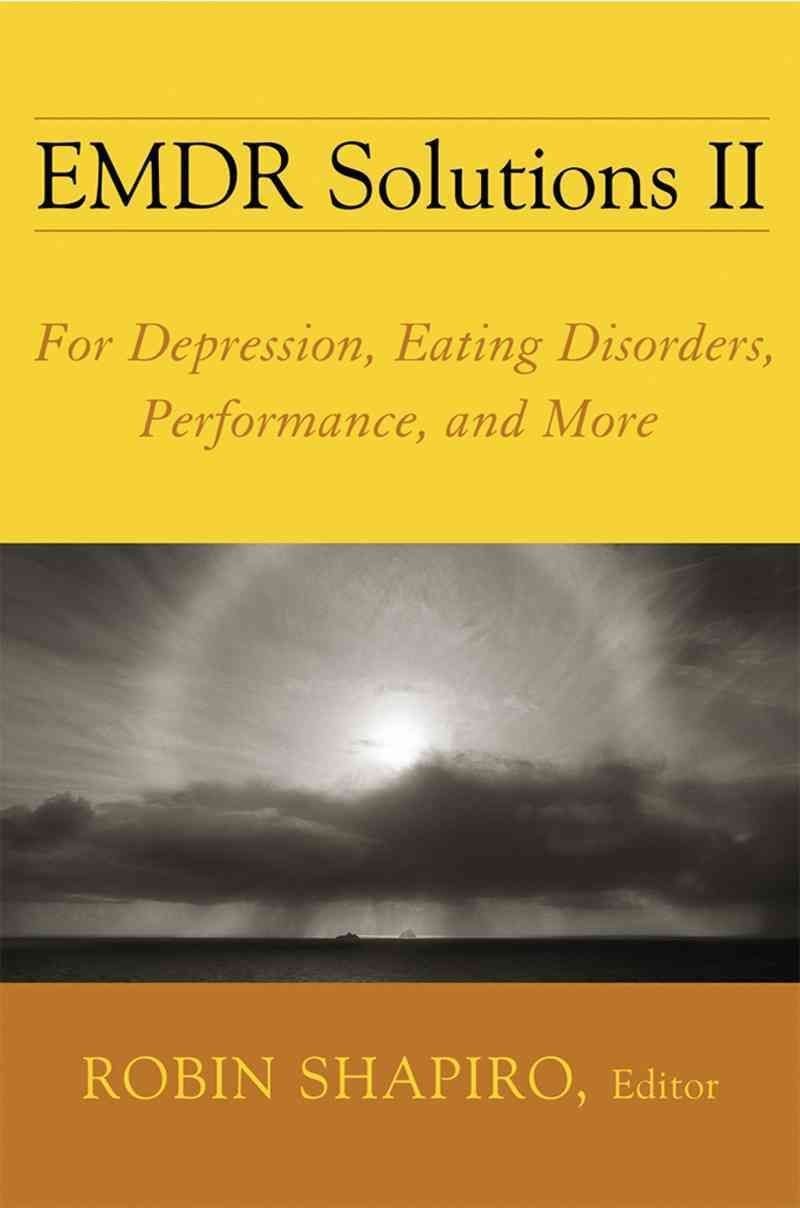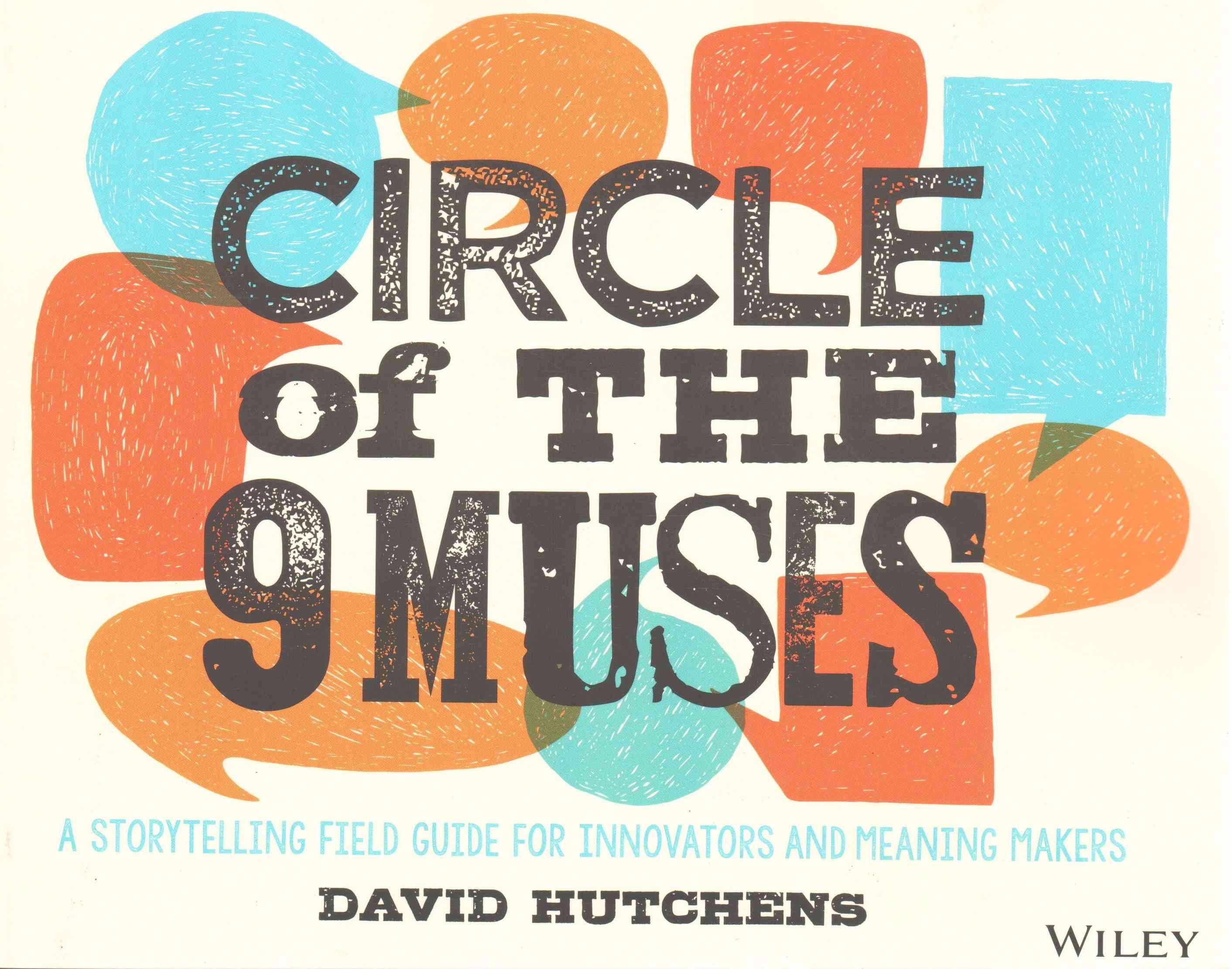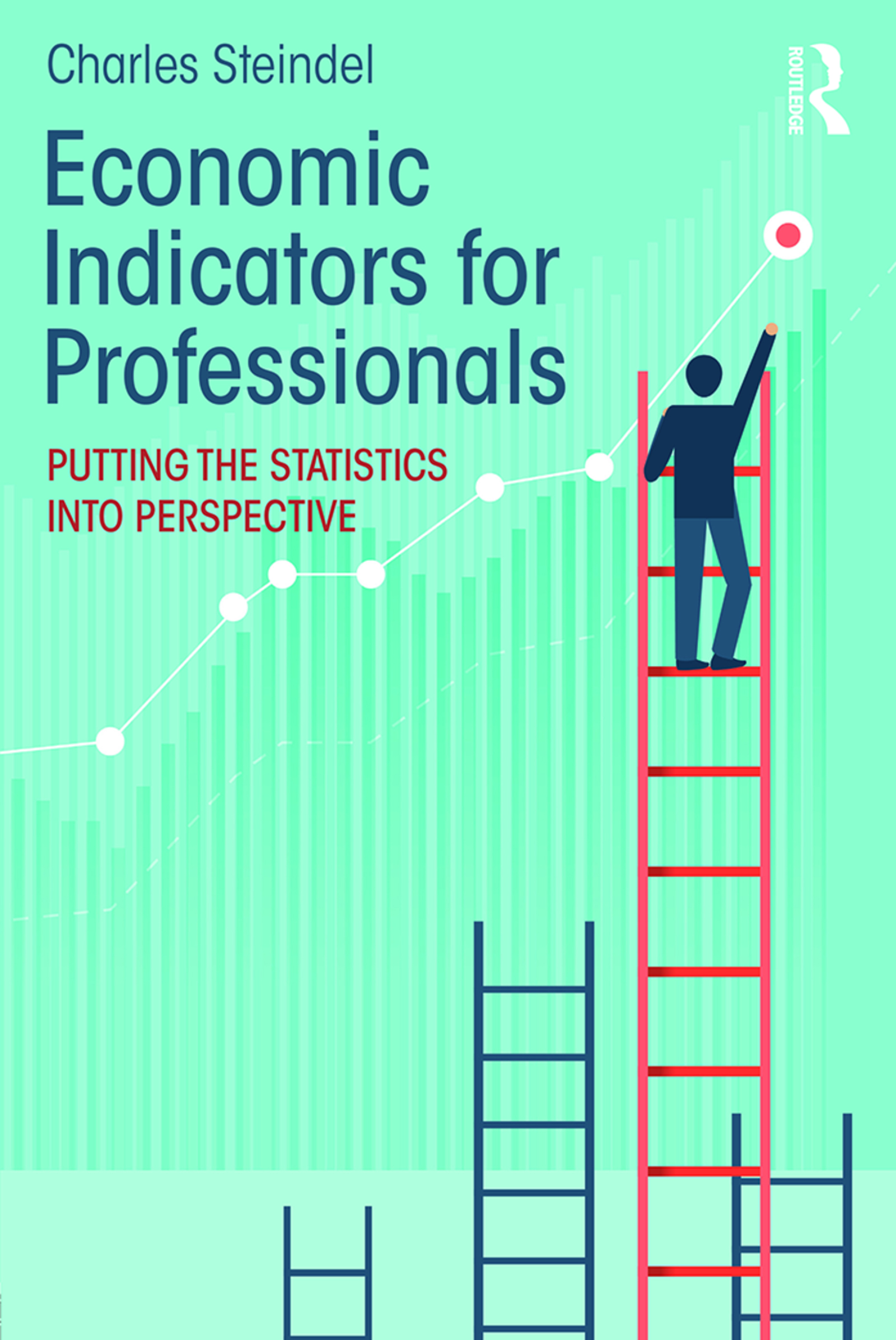In a scientifically exacting world scientists must assume responsibility for the consequences of science and technology . . . . The individual member of the educational and scientific estate may wish to avoid responsibility; but he cannot justify it by the claim of higher commitment. -JOHN KENNETH GALBRAITH The New Industrial State Scientists can no longer afford to be ndive about the political effects of publicly stated scientific opinions. If the effect of their scientific views is politically potent, they have an obligation to declare their political or value assumptions, and to try to be honest with themselves, their colleagues and their audience about the degree to which these assumptions have affected their selection and interpretation of scientific evidence. Once scientific opinion enters into the public domain, the possibility of political neutrality disappears, but this does not mean that objectivity should be thrown to the winds. HARVEY BROOKS, 1973 Harvard University Imagine a huge ship-let’s call it Titanic Il-crossing the North Atlantic. While the passengers enjoy the comfort for which they are paying so dearly, the first mate at the helm believes he sees the dreaded form of an iceberg about three miles ahead through the thick fog. He hurries to tell the captain about it. As a veteran of countless uneventful voyages, the captain is skeptical of the danger. Nevert- ix The Genesis Strategy less, he proceeds quickly to the helm, but fails to see any obstacle ahead in the fog.












